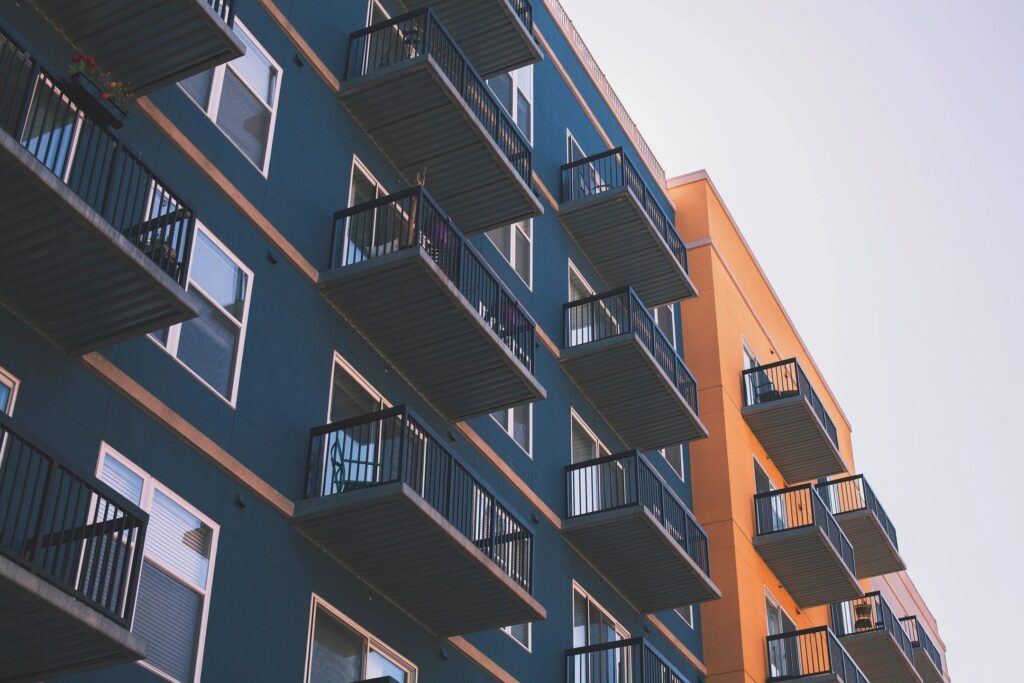Can I Retire Without Home Ownership in Canada?
When I think about the possibility of my future retirement, the question of whether I can retire without owning a home resonates deeply with me. Throughout my life, the notion that home ownership is paramount for financial stability, particularly in retirement, has been ingrained in my mind. However, life often unfolds in unexpected ways, prompting me to question the conventional wisdom surrounding this belief. In my opinion, it’s time to critically examine whether home ownership is truly indispensable for a secure retirement in Canada.
Drawing insights from reputable sources such as the Canada Mortgage and Housing Corporation (CMHC) and Wikipedia, I seek to unravel the complexities of retirement without owning a home. According to the CMHC, home ownership rates in Canada have been declining steadily, especially among younger generations, owing to factors like soaring housing prices and evolving lifestyle preferences. As a result, an increasing number of Canadians, including myself, will opt for renting over buying.

Renting offers distinct advantages that warrant consideration. It provides flexibility, enabling me to relocate without the hassle of selling a home. Moreover, renting alleviates the financial burdens associated with property maintenance and repairs, allowing me to allocate more resources towards my retirement savings. However, concerns arise when envisioning retirement without home ownership, particularly regarding the stability of housing costs in the long term.
One of the primary apprehensions revolves around the uncertainty of rental expenses during retirement. Unlike homeownership, where mortgage payments remain relatively stable, rental prices can fluctuate unpredictably, posing a potential risk to my financial security. Nonetheless, renting may offer certain benefits, such as the ability to access a wider range of housing options and amenities without being tied down to a specific property.
To further assess the viability of retiring without home ownership, it’s essential to consider the financial implications. Wikipedia underscores that while home ownership can yield financial benefits like equity buildup and tax advantages, renting offers flexibility and freedom from the upfront costs associated with buying a home.
Additionally, it’s worth noting that the sale of a primary residence in Canada is not subject to capital gains tax, making home equity akin to a Tax-Free Savings Account (TFSA) in terms of tax advantages.
Despite these advantages, concerns about retirement security persist. To address these concerns, everyone must develop a comprehensive financial plan that accounts for housing expenses in retirement. This plan should include strategies for managing rental costs, such as exploring affordable housing options and negotiating rental agreements.
Moreover, diversifying investments can help mitigate the risks associated with relying solely on rental accommodations for housing in retirement. By building a balanced investment portfolio comprising stocks, bonds, and other assets, I can potentially generate additional income to supplement my retirement savings and cover housing expenses.
To think, while the prospect of retiring without owning a home may seem daunting, it’s entirely feasible with careful planning and foresight. By weighing the advantages and disadvantages of home ownership versus renting and implementing proactive financial strategies, I can confidently navigate this aspect of my retirement journey. Ultimately, the decision to retire without owning a home is a personal one that requires careful consideration of individual circumstances and priorities. With the right approach, I can embark on this new chapter of my life with confidence and peace of mind.



